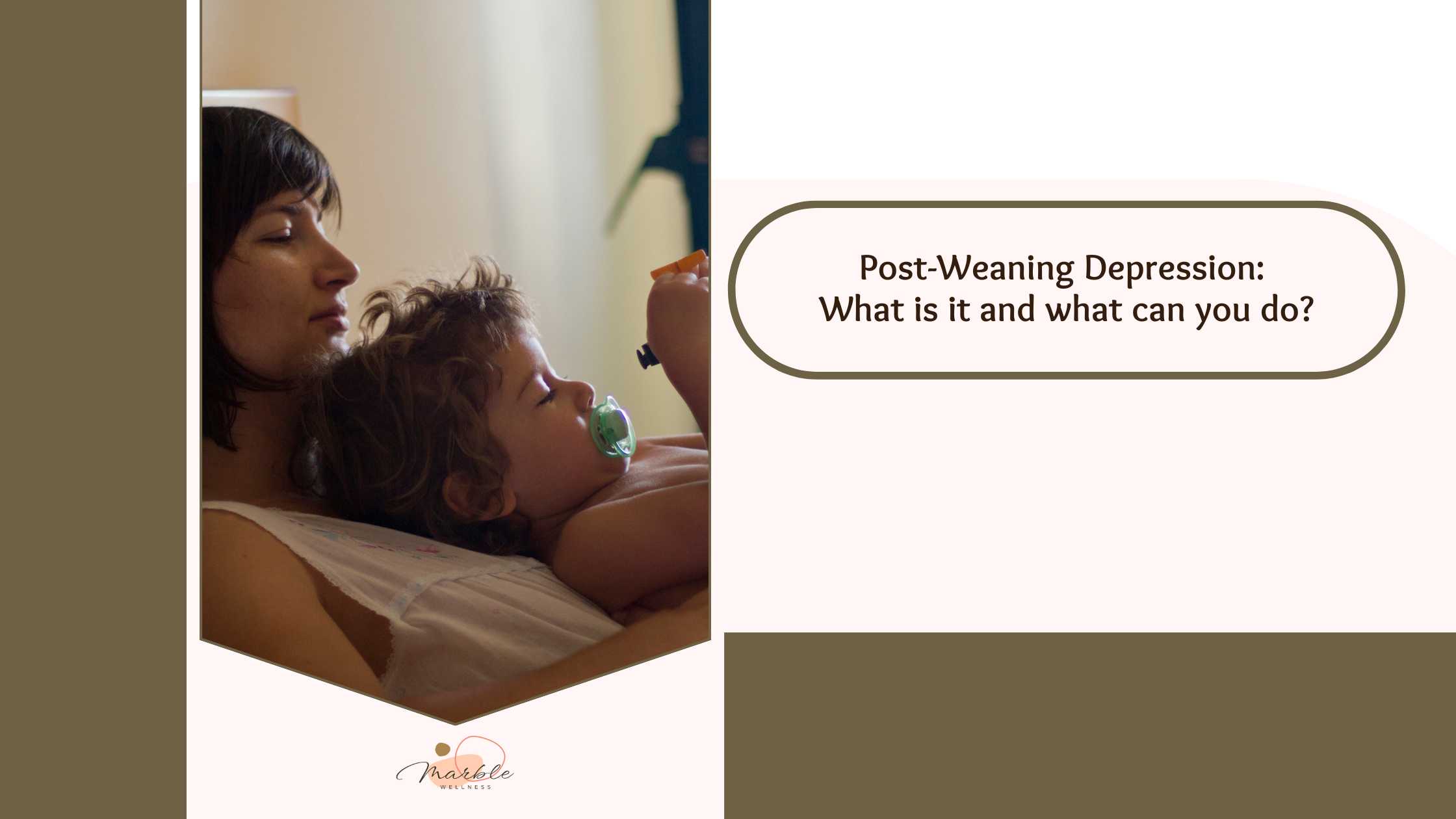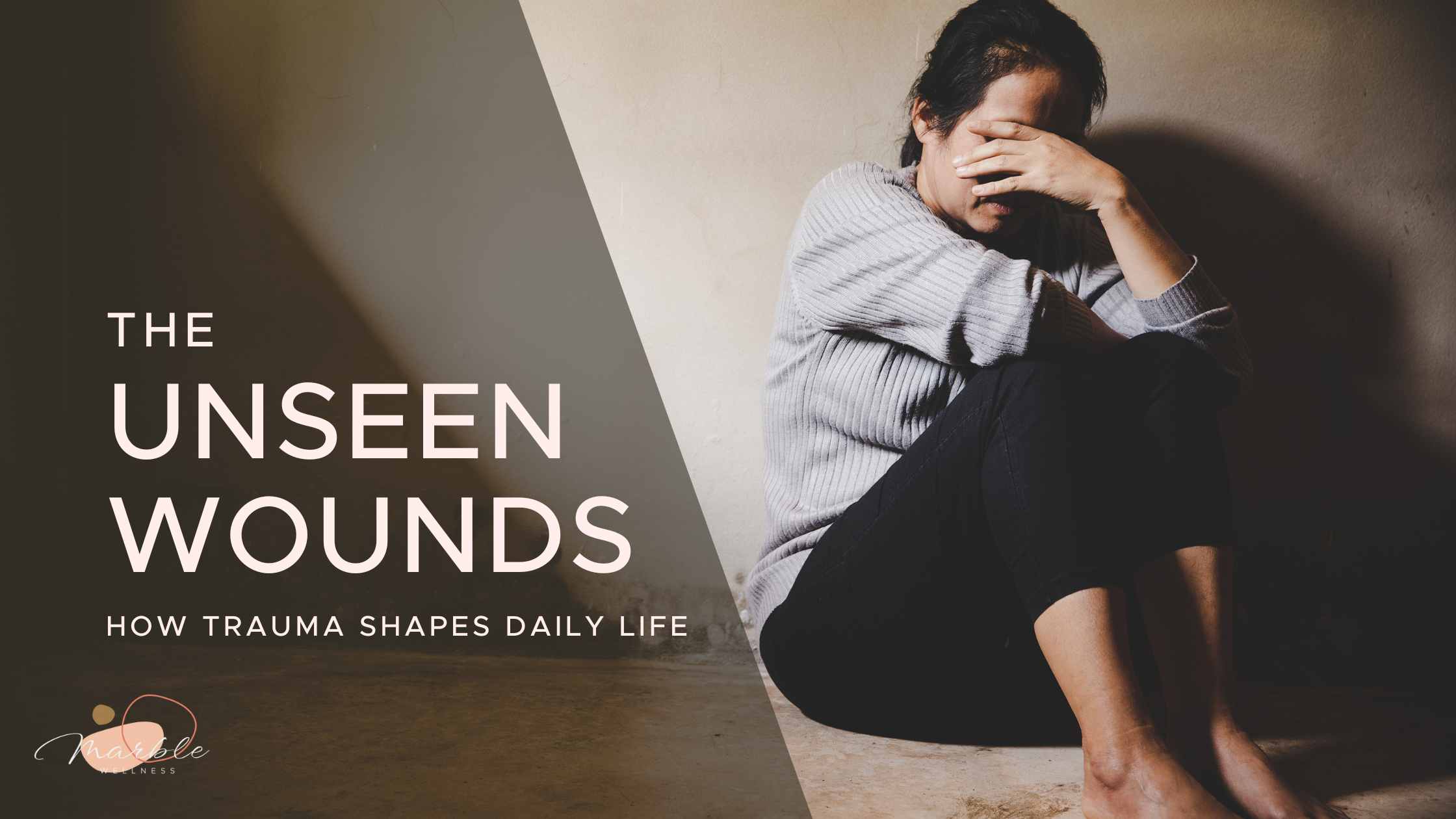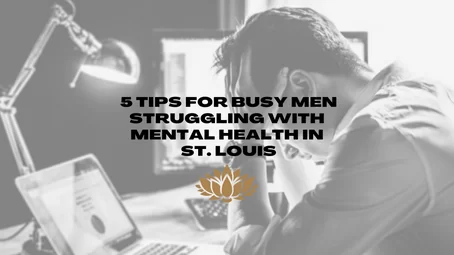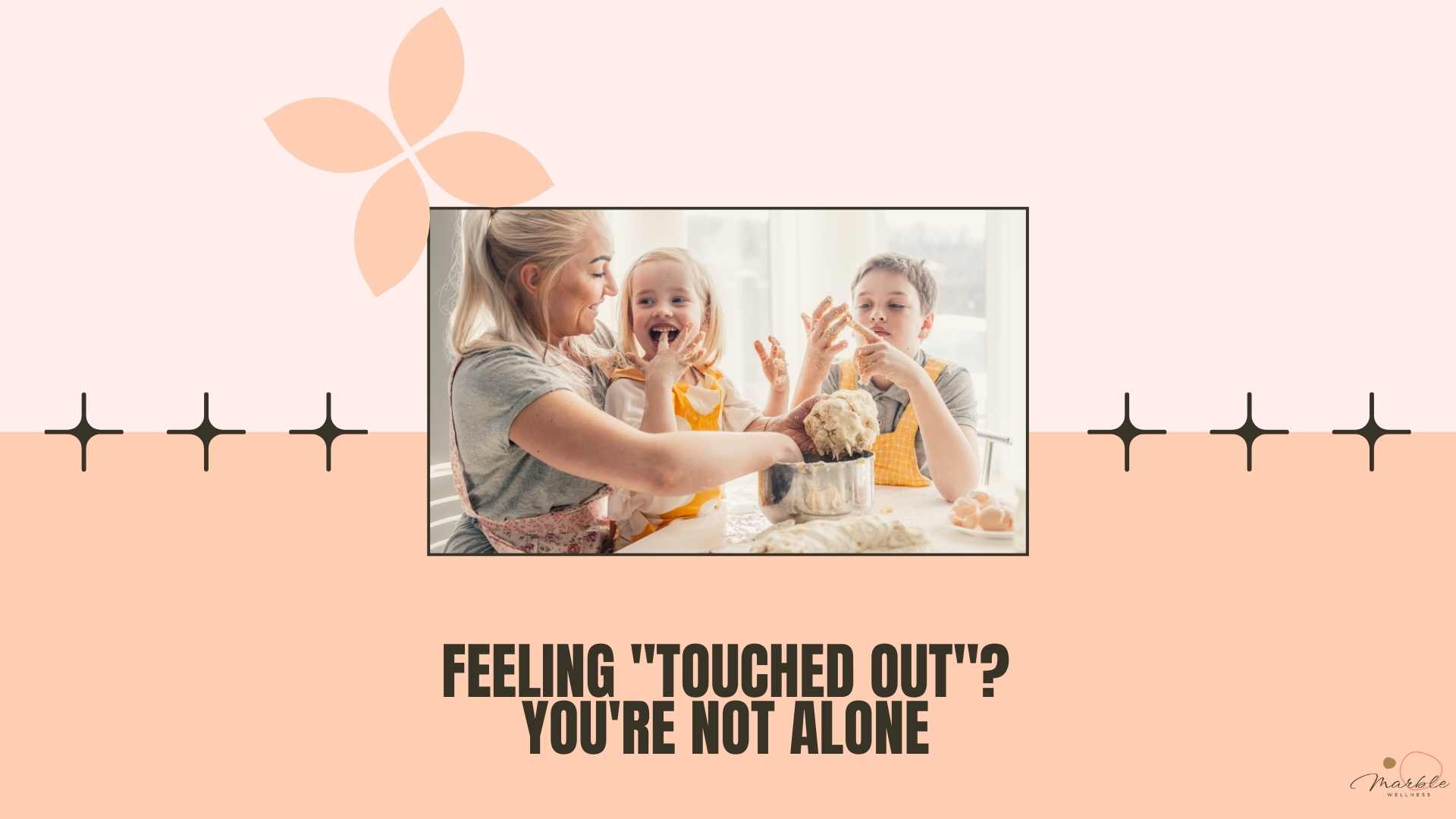Oh baby. Literally. (Well. Maybe metaphorically. This could be happening while you have a toddler. But. I digress, and we haven’t even begun!)
You’re weaning your baby or toddler from breastfeeding and all-of-a-sudden you feel like a completely different person. The weaning may have been planned or intentional, or maybe a feeding or two has dropped because your baby/toddler has made that decision on their own. The point is: less breastfeeding is happening and you feel…not like yourself (to put it mildly).
For some of you reading this blog, you may not have yet connected the dots that it may be the weaning that is having you feel like this. Others may have deduced that the culprit is that dropped feeding. Regardless of how you got here, the maternal mental health team at Marble Wellness wants to take a few minutes to help walk you through the emotional side of weaning, especially if it is having you feeling really anxious, pretty depressed, or even both.
Without further ado, let’s get into it.
Understanding Post-Weaning Depression: Why Ending Breastfeeding Can Impact Your Mood
Weaning can be a bittersweet time. Whether you’ve been nursing your baby or toddler for months or years, deciding to stop can bring a range of emotions. Sometimes, though, those emotions are bigger than expected, leaving many moms feeling confused and out of balance. You may have been excited about the new stage in your child’s life but find yourself feeling irritable, sad, or even anxious. If this sounds familiar, you’re not alone. Post-weaning depression is a real experience many moms go through, even if they weren’t expecting it.
What Is Post-Weaning Depression?
Post-weaning depression refers to the mood swings, anxiety, and sometimes even depressive symptoms that can arise after stopping breastfeeding. Unlike postpartum depression (PPD) or postpartum anxiety (PPA), post-weaning depression may occur months or even years after childbirth. It can look and feel similar to PPD or PPA, catching moms off guard.
If you’re wondering why this is happening, you’re not alone. The connection between breastfeeding and mood changes isn’t always obvious, but weaning can impact your hormones and emotions in significant ways. Rest assured, it’s not all in your head, and you’re not making it up. This experience is real, it’s valid, and it’s more common than you might think.
Connecting the Dots: Why Post-Weaning Depression May Feel Out of the Blue
For many moms, the arrival of post-weaning depression can feel totally unexpected. Imagine you’ve finished weaning, and life is moving forward, only to find yourself suddenly overwhelmed with mood swings, sadness, or anxiety. It can be confusing! The dots don’t always connect right away, especially because the hormonal changes involved aren’t as widely discussed as other aspects of breastfeeding.Without an obvious cause, these feelings can feel scary—especially if they feel similar to symptoms you experienced in the postpartum period. You may even worry that these feelings are permanent. Let’s take a deep breath together: what you’re experiencing is part of a natural adjustment. With time, these feelings typically even out as your body and mind adapt. But understanding the why can make a world of difference as you navigate through it.
Hormones in Play: The Physical Side of Weaning
As you wean, your body undergoes some big changes, especially when it comes to hormones. During breastfeeding, your body produces higher levels of hormones like oxytocin and prolactin. These hormones help regulate your mood, bond with your baby, and create that “feel-good” effect you might have felt while nursing.
When you stop breastfeeding, those hormone levels start to drop, sometimes quite suddenly, which can lead to mood changes, irritability, or anxiety. This drop can also affect your ability to sleep well, which can add another layer of emotional strain. It’s your body’s way of readjusting, and while it’s completely natural, it can feel intense. Understanding this can help you realize that the feelings you’re experiencing aren’t permanent—they’re part of a temporary hormonal shift.
Anxiety and Insomnia: Why You May Be Feeling ‘On Edge’
With the hormonal changes of weaning, many moms experience a spike in anxiety, sometimes coupled with insomnia. Anxiety can be exhausting on its own, but when it’s paired with sleep difficulties, it becomes even more challenging. Insomnia and anxiety are often a pair, creating a cycle that makes it hard to rest or relax.
If you’re struggling with insomnia, try to practice a consistent bedtime routine and avoid screens right before bed. A warm bath, a calming tea, or a few minutes of gentle stretching before bed can help signal your body that it’s time to rest. We also have this blog for more tips on sleep, that do apply here. If the anxiety feels too overwhelming, reaching out for support can make a big difference. You may want to talk to your OBGYN, a psychiatrist, or a therapist as part of your support system during this time. Or, even better for some people, a combination of a doctor and a therapist could be the sweet spot during this time.
Higher Risk if You’ve Experienced PPD or PPA Before
If you’ve experienced PPD or PPA in the past, you may be at a slightly higher risk for post-weaning depression. This isn’t a guarantee, but it can make you more sensitive to shifts in your emotional or physical state. And with this sensitivity often comes a particular kind of fear: the worry that your postpartum depression or anxiety is “coming back.”
These fears are real and valid. Many moms describe this as one of the hardest parts of post-weaning depression. It’s important to remind yourself that you’ve been here before, and you’ve made it through. Consider reaching out to a therapist or support group where you can talk through your worries. Sometimes, sharing your fears with others can remind you that they don’t define you or your journey as a mom.
The Grief of Weaning: Saying Goodbye to a Chapter
There’s also a very real sense of loss that can come with weaning. The end of breastfeeding isn’t just a change in feeding—it’s the close of a meaningful chapter in the relationship between you and your child. You may feel pride and relief on one hand, but sadness on the other, even if you were ready to wean.
This mix of emotions is perfectly normal. Weaning marks a shift, not just for your baby, but for you as a mom. It’s okay to grieve this change and take time to honor this unique stage. Consider journaling about your experience, creating a small memento, or finding a special way to spend time with your child. These small acts can be a way to acknowledge the end of one phase while embracing the beginning of another.
What Moms Can Do: Self-Compassion, Support, and Seeking Help
Navigating post-weaning depression can be challenging, and the most important thing you can do is to give yourself grace and understanding. The emotions you’re feeling are a valid part of your journey as a mother, and they don’t mean that you’re failing or doing something wrong.
Reach out to your support network if you’re feeling overwhelmed. Talk to a friend, family member, or therapist who can help you sort through your emotions and offer encouragement. Therapy, in particular, can provide valuable tools to manage these feelings and help you get back to a more balanced place. Remember, asking for help is a sign of strength, not weakness.
Looking Ahead: The Light at the End of the Tunnel
Even though post-weaning depression can feel isolating and intense, these feelings usually aren’t permanent. As your body and hormones adjust, your mood will likely begin to stabilize. With time, the waves of sadness or anxiety should ease, and you’ll find yourself able to enjoy this new chapter with your little one.
You’re not alone in this, and there’s no shame in feeling the way you do. Every mom’s journey through breastfeeding and weaning is unique. Embrace the process, be kind to yourself, and remember that there’s a whole community of mothers who’ve walked this path, too. With support, self-compassion, and understanding, you’ll get through this season with resilience.
Start Therapy for Moms in St. Louis
Therapy gives moms the chance to reclaim their experience of motherhood, so they no longer feel overwhelmed, depressed or unheard. With support from a maternal mental health therapist, moms can learn how to thrive in their roles and build a balanced, fulfilling life where escapism is no longer a necessity, but a choice.
Contact Us!
Learn About Our Group Offerings

Additional Counseling Services at Marble Wellness in St. Louis, MO
Our counseling services are designed to help set you on a path of living a more fulfilled, calm, and happy life. Our incredible team of STL based therapists has a variety of training backgrounds and areas of expertise. We specialize in anxiety, depression, grief, chronic illness, therapy for men, couples, and maternal overwhelm. Our practice also helps new moms with various postpartum concerns, moms in the thick of parenting, and moms with teens. We can also chat from wherever you are in the state with online therapy in Missouri. No matter where you are in your mental health journey, we would love to support you.



